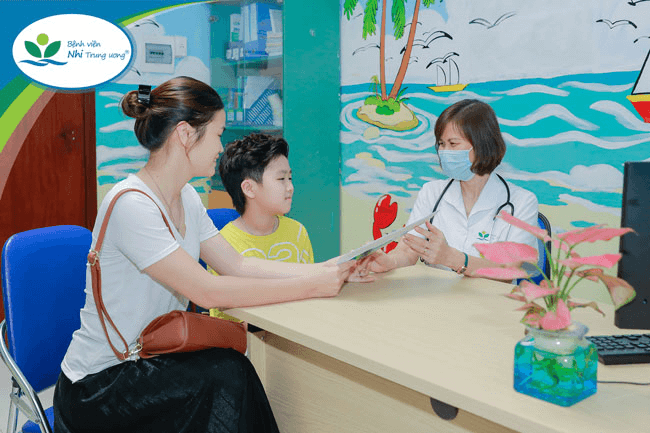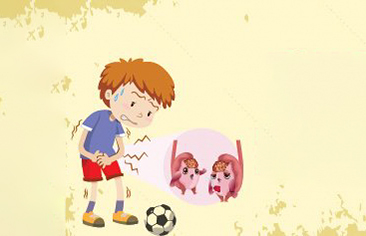In recent times, there have been disturbing incidents involving children being sexually abused or engaging in premature sexual relationships, leading to early pregnancies. This has left many parents worried and anxious. To address this issue, experts recommend that parents educate their children about sex from a young age. This is a crucial and necessary aspect of a child’s development.

Sex education involves helping children understand the differences between genders. When done appropriately for their age, it helps children develop awareness about protecting themselves, avoiding the risk of sexual abuse, reducing the chances of unintended pregnancies, and preventing sexually transmitted diseases. However, to successfully implement sex education, parents and adults need to equip themselves with knowledge about gender and engage in open, informative conversations to ensure children have an accurate understanding.
Here are expert recommendations from Dr. Đỗ Minh Loan, a psychologist and head of the Adolescent Health Department at the Central Children’s Hospital, on age-appropriate sex education for children, helping parents gain the necessary knowledge to support their children’s healthy and safe development.
Ages 1-3 years old:
During this period, children are beginning to develop language skills, and by the end of age 3, they have a basic grasp of language. Sex education at this stage involves teaching children the names of body parts like nose, lips, ears, and head and introducing them to sensitive areas like buttocks and chest. Parents should also teach children about private parts, emphasizing the importance of not displaying them and not allowing others to touch them.
Ages 3-6 years old:
Children start to explore the world around them more actively at this stage. They can differentiate between boys and girls and are curious about the differences. Sex education should involve role-play activities, where children can mimic being parents, siblings, or relatives. Through these activities, children can learn how to appropriately address people of different genders, understanding the roles of mothers, fathers, sisters, and brothers in the family.

TS.BS Đỗ Minh Loan – Trưởng khoa Sức khoẻ Vị thành niên, Bệnh viện Nhi Trung ương đang tư vấn tâm lý cho mẹ và trẻ (ảnh minh hoạ)
Ages 6-11 years old:
Children’s memory and cognitive abilities develop rapidly during this stage. They become curious about the physical differences between males and females, how babies are born, and where they come from. Parents can explain in simple terms, such as how a baby is created when a father’s contribution (sperm) combines with a mother’s contribution (egg). Schools can also introduce sex education through subjects like biology, health education, or extracurricular activities.
Ages 11-18 (Adolescents):
This stage marks the onset of puberty and significant psychological and physiological changes. Adolescents begin to explore relationships and experience romantic feelings. Sex education becomes crucial, focusing on reproductive health and sexual education. Parents should not leave it to their children to discover these topics through social media or peers, as they may receive incorrect or misguided information. Regular communication, discussions, and imparting knowledge about responsible and safe sexual behaviors are vital to help adolescents make informed decisions.

Giáo dục giới tính từ sớm sẽ giúp trẻ tránh được những vấn đề như quấy rối tình dục, có con ngoài ý muốn (ảnh minh hoạ – nguồn: Internet)
Sexual education is not about imposing restrictions but explaining the true nature of emotional relationships, guiding children toward proper conduct, and helping them understand and take responsibility for their decisions.



